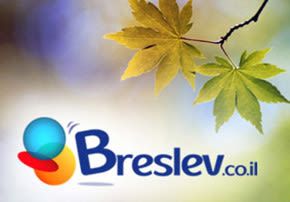
Tzav: More Animal Than a Man
Every story has its beginning. Mine started on a sunny Sunday morning in the university's dining hall. My buddy and I were embarking on our...

Every story has its beginning. Mine started on a sunny Sunday morning in the university’s dining hall. My buddy and I were embarking on our weekly breakfast-at-eleven-in-the-morning ritual. I had ordered the bobcat sandwich. The bobcat was the king of the college dining services menu. Sandwiched between the two plump slices of sourdough bread were two sizzling slices of ham, two scrambled eggs and plenty of melted cheese. Just as I was about to take my first bite, my friend asked, “Should you really be eating that?”
When my buddy asked me that question, he probably didn’t imagine that four years later I’d be learning in Yeshiva and writing for breslovworld.com. On that Sunday morning, he and I were just two run-of-the-mill Jewish college students recovering from the escapades of the previous night. My buddy had grown up as a Conservative Jew, and observed various laws of kashrus. Me, well…let’s just say the most I knew about treif meat was that it was delicious! I was aware of the existence of some laws about Jews not eating pig or mixing meat and milk. However, as I explained to my buddy that morning, I was a Reform Jew and did not follow those laws. Although my friend did not argue with my logic, I spent the rest of the meal wondering if God really cared about what I ate.
Punishment Fits the Crime
The Parsha states, “Do not eat any of the chelev (hard fat) of an ox, sheep, or goat. Anyone who eats the chelev…shall have his soul cut off (Vayikra: 7:23,25).” Since when does munching on a little fat carry such horrific consequences? Before trying to understand the Torah prohibition of consuming chelev and dam (blood), let’s learn about the punishment of spiritual destruction, or karait in Hebrew. Shouldn’t the punishment fit the crime?
Judaism teaches us the central importance of the next world. In his classic sefer Mesillat Yesharim, the Ramchal writes, “Our sages of blessed memory have said, ‘This world resembles a corridor before the world-to-come’” The physical world serves to earn us spiritual exuberance in the World to Come. It is often said that all the pleasure of this world, from the moment of creation until the present, is insignificant when compared to even one split second of pleasure in the Next World.
This pleasure, however, is not guaranteed. Certain sins can cancel one’s share in the next world. Although that individual continues to live in the physical world, his spirit is cut off. If he does not repent, his life becomes a complete waste. What is the correlation between eating forbidden animal parts and this severe spiritual destruction?
In Parshat Tzav, the Torah forbids us from consuming the fat of the ox, sheep, goat, or any other animal that could be brought as an offering. In addition, one may not eat an animal that died of natural causes. We are also forbidden to eat the blood of either birds or beasts. For these sins, a person’s soul becomes cut off. Why does eating chelev and dam warrant such spiritual destruction?
Between Man and Beast
Most people recognize the profound distinction between animals and men. Animals are driven solely by instinct; they live on a physical plain. Man is elevated; he has an element of spirituality within his physical being. Our neshamot, our souls, makes us qualitatively different.
Although the Torah has been teaching this idea for thousands of years, relatively recent theories question the existence of the soul. A prevalent scholarly opinion holds that has man evolved from the ape. If man is nothing more than an evolved animal, and not an entirely different creation, the existence of a soul is impossible. Rabbi Akiva Tatz offers an interesting side note about many proponents of this viewpoint.
Rabbi Tatz explains that the neshama, the Divine spark within us, is the source of morality. Only human beings have a concept of right and wrong. When a lion kills a zebra in Zaire, human rights groups don’t take to the streets in London. Rabbi Tatz warns that we should be wary of the implications of Darwinian theory. Either man is an animal and can behave like one, or he possesses a soul, and is therefore obligated to a moral system.
In the first parsha in the Torah, we learn about the relationship between man and the animals. The verse states, “God said to them, ‘Be fruitful and multiply, fill the earth and subdue it, and rule over the fish of the sea, the bird of the sky, and every living thing that moves on the earth" (Bereshit, 1:28). Since God told man to subdue the earth, it is evident that the existence of a soul is supposed to elevate man above the animals.
Since man has the ability to rise above the animals, he also has the potential to fall below them. We have been blessed with the capacity to analyze our actions, and make moral decisions. If we behave properly, we are elevated. If we do not, we cause our own destruction. The Ramchal writes, “He who acts this way (without examining his actions to see if they are virtuous or evil) is inferior to the animals and beasts that instinctively protect themselves, fleeing and escaping from anything that appears harmful to them" (Mesillat Yesharim,2).
We are What We Eat
Our soul provides us with the potential to achieve holiness. The soul distinguishes us from the animals and makes it possible for us to fulfill our role in God’s creation. Animals, on the other hand, do not have this capacity, and therefore live a selfish, physical life. In his commentary on the Torah, Rabbi Shimshon Raphael Hirsch explains that blood is the essence of life. The chelev (hard fat) represents the base element of the animal’s physicality. The essence of the animal is pure physicality. And it is this essence, this pure physicality that we must refrain from eating.
In the same way that the walls of a smoke-filled room become permeated with smoke, if we ingest an animal’s blood and chelev, that animal’s essence permeates our core and corrupts our potential for spirituality. This is the reason eating the chelev and dam results in karait. It changes our fundamental nature (although we have the power to regain our spirituality through true repentance!).
Through our actions we choose the nature of our existence. We can either live like animals, with our essence in this world, or we can live as human beings with our souls thirsting for the next world. If we choose to live like animals, we render our souls useless, and therefore we become spiritually cut off from the Source.
The Baal Shem Tov once saw his neighbor eating a meal. However, instead of the father sitting at the head of the table, the Baal Shem Tov saw a cow sitting there, dressed in the father’s clothes. The Baal Shem Tov explained that instead of consuming the food as a means to survive and continue performing mitzvot, the neighbor was eating for the sake of pure physical pleasure. There was no real difference between him and a cow!
Today, we might assume that we have fulfilled God’s command to Adam to subdue the world. We have strong houses, fast cars, effective medicine, and powerful weapons. Yet man’s mastery over creation has nothing to do with physical superiority. Through cleaving to our Creator we demonstrate that we are higher than the beasts – that we can subdue our animal natures.
Let’s remember that when we sit down to a meal, the entire purpose of the universe is resting between our hands! In that split second it takes for the food to go from plate to mouth, we can establish ourselves as the highest pinnacle of God’s world. We can repair the world one kosher sandwich at a time.
I finally did realize that God cares what we eat, even if it did take me four years to come to that conclusion. May we merit to find truth in our world, and to use that truth as inspiration to pull close to the Almighty.


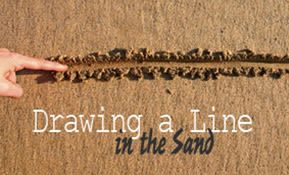


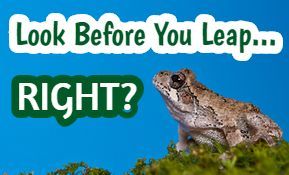
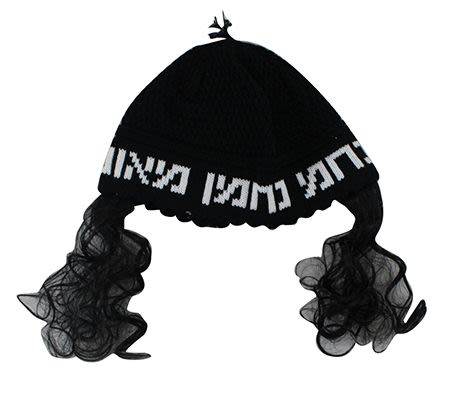

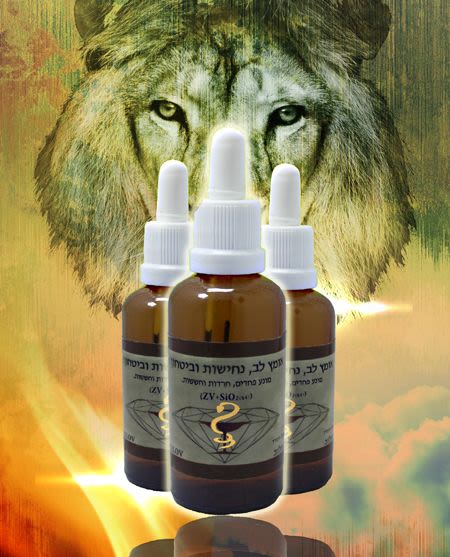
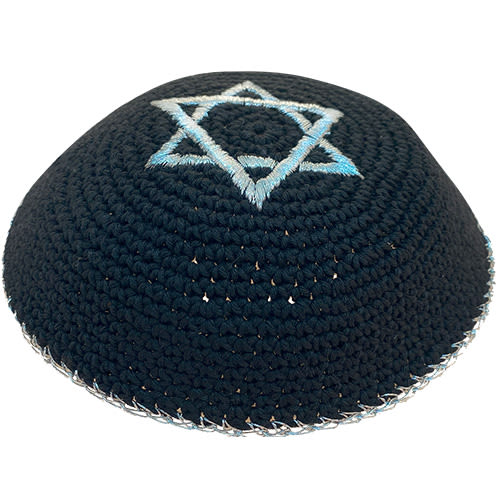
Tell us what you think!
Thank you for your comment!
It will be published after approval by the Editor.